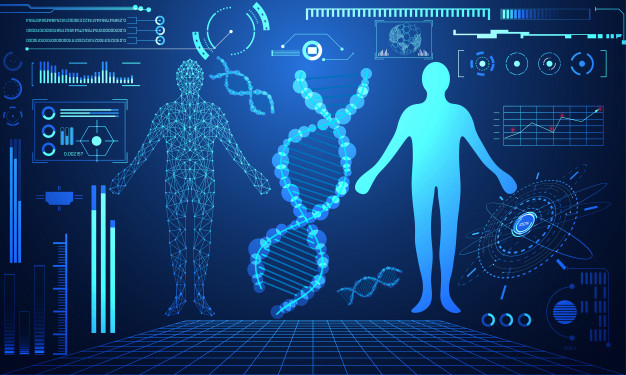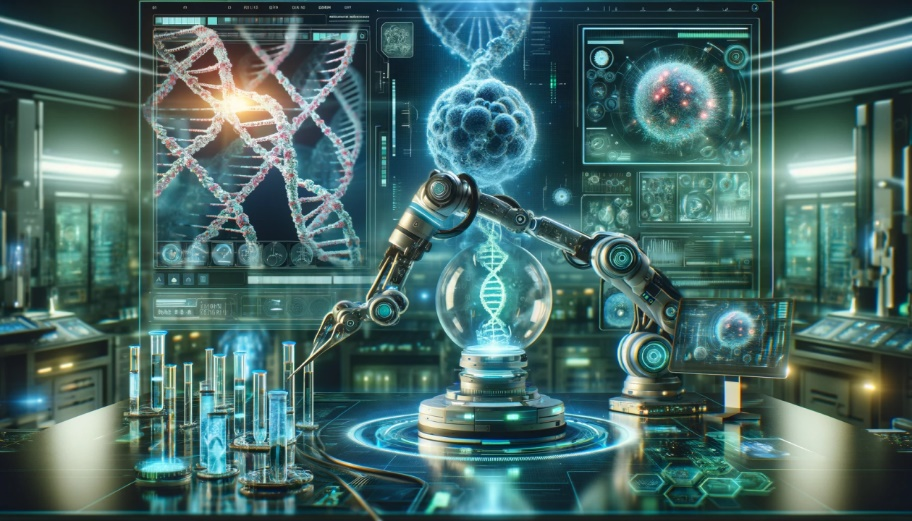-
Big Data and AI-Based Drug Discovery

Big data and artificial intelligence (AI) are revolutionizing drug discovery by making the process faster, more precise, and more cost-effective. Big data in this field includes vast datasets from genomics, proteomics, clinical trials, and chemical libraries. These data help identify disease mechanisms, drug targets, and predict patient responses. AI, particularly machine learning, processes this data to streamline various stages of drug discovery, such as drug target identification, screening, toxicity prediction, and clinical trial optimization.
BISL has been developing one of the most advanced digital virtual human system called CODA, through the national bio-synergy project over the past more than ten years. CODA is providing essential platforms for building interpretable deep neural networks and innovative network biology solutions to develop new drugs and functional foods to prevent and treat complex diseases.
-
AI for Synthetic Biology

Artificial intelligence (AI) is playing an increasingly crucial role in synthetic biology, which involves designing and constructing new biological systems or redesigning existing ones for specific purposes, such as producing biofuels and pharmaceuticals. One of the main applications of AI in synthetic biology is predictive modeling. AI can analyze vast amounts of genomic, proteomic, and metabolomic data to predict how engineered organisms or biological systems will behave under different conditions. This helps in designing more efficient and effective synthetic pathways for producing desired products, such as proteins or chemicals, without relying on lengthy trial-and-error experiments.
AI also aids in genetic circuit design by optimizing the construction of gene networks and pathways. Furthermore, AI enhances automation in laboratory work, enabling faster, more accurate experimental design and data collection, and increasing the scalability of synthetic biology projects.
